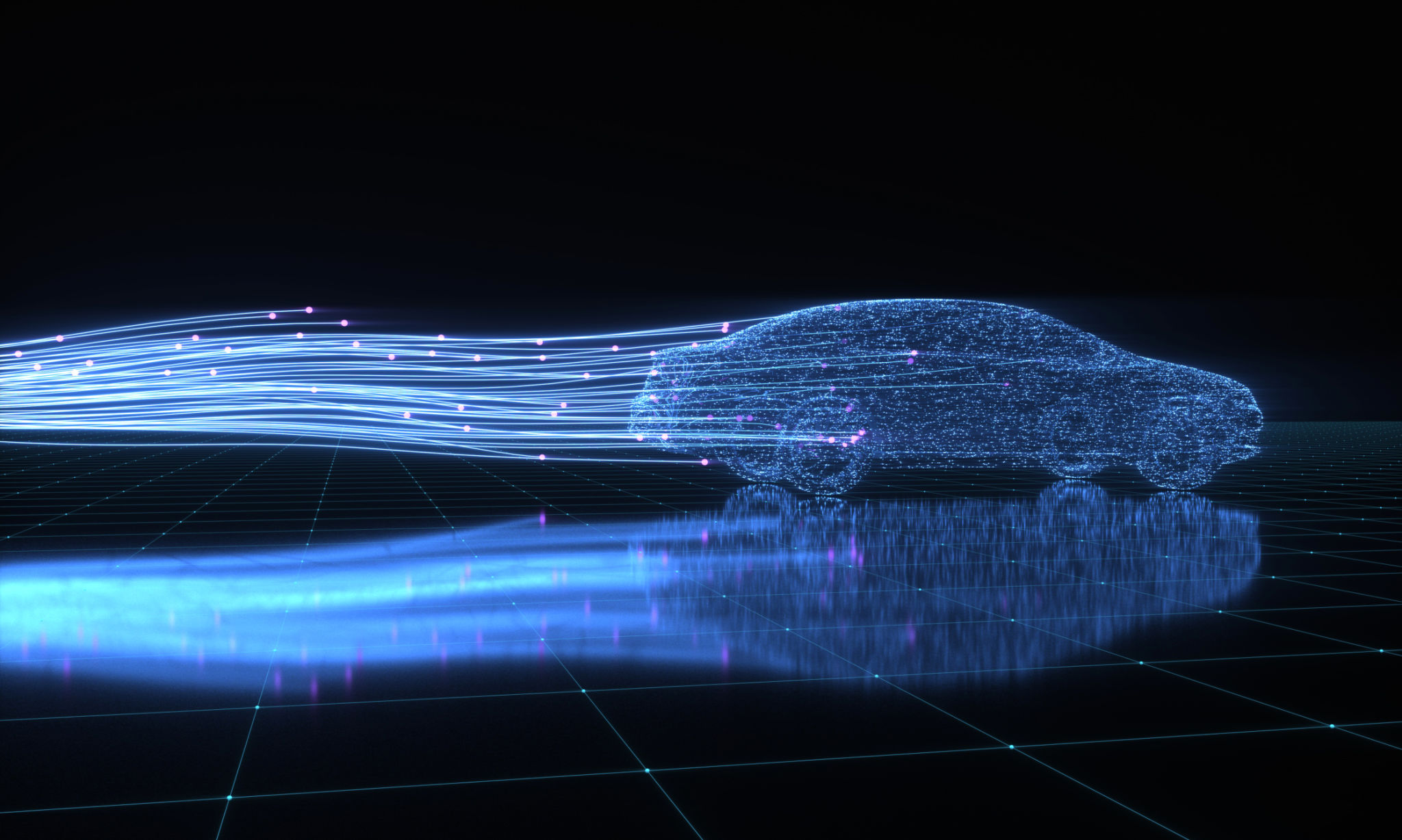Exploring the Benefits of Digital Twins in Industrial Automation
Understanding Digital Twins
In the rapidly evolving landscape of industrial automation, digital twins have emerged as a transformative technology. A digital twin is a virtual replica of a physical system, process, or product that enables real-time monitoring and simulation. By leveraging this technology, industries can significantly enhance their operational efficiency and decision-making processes.

The Role of Digital Twins in Industrial Automation
Digital twins play a crucial role in industrial automation by bridging the gap between the physical and digital worlds. They allow for continuous data exchange between the real-world asset and its digital counterpart, providing actionable insights. This real-time synchronization facilitates predictive maintenance, enabling industries to anticipate equipment failures before they occur.
Enhanced Operational Efficiency
One of the primary benefits of digital twins in industrial automation is the enhancement of operational efficiency. By simulating different scenarios, industries can optimize production processes and resource allocation. This leads to a reduction in downtime, energy consumption, and material waste, ultimately increasing productivity and profitability.

Improving Product Design and Development
Digital twins also revolutionize product design and development. By creating a virtual prototype, companies can test and refine their products before they are manufactured. This reduces the time and cost associated with physical prototyping and enables rapid iteration. The insights gained can lead to innovative designs and improved product quality.
Facilitating Predictive Maintenance
Predictive maintenance is a game-changer for industries relying on complex machinery. Digital twins collect and analyze data from sensors attached to equipment, predicting when maintenance is needed. This proactive approach minimizes unexpected breakdowns, extends asset life, and ensures optimal performance.

Data-Driven Decision Making
Digital twins provide industries with a wealth of data that can be harnessed for informed decision-making. By analyzing real-time data, businesses can identify trends, optimize processes, and improve operational strategies. This data-driven approach empowers companies to stay competitive in an ever-changing market landscape.
Challenges and Considerations
While digital twins offer numerous advantages, implementing them comes with challenges. Data security is a primary concern, as sensitive information is exchanged between physical assets and digital models. Additionally, integrating digital twins with existing systems requires significant investment in technology and expertise.
The Future of Digital Twins in Industry
The future of digital twins in industrial automation looks promising. As technology advances, digital twins will become more sophisticated, offering even deeper insights into operations. Industries that embrace this technology will likely lead the way in innovation and efficiency, paving the path for a more sustainable and productive future.
